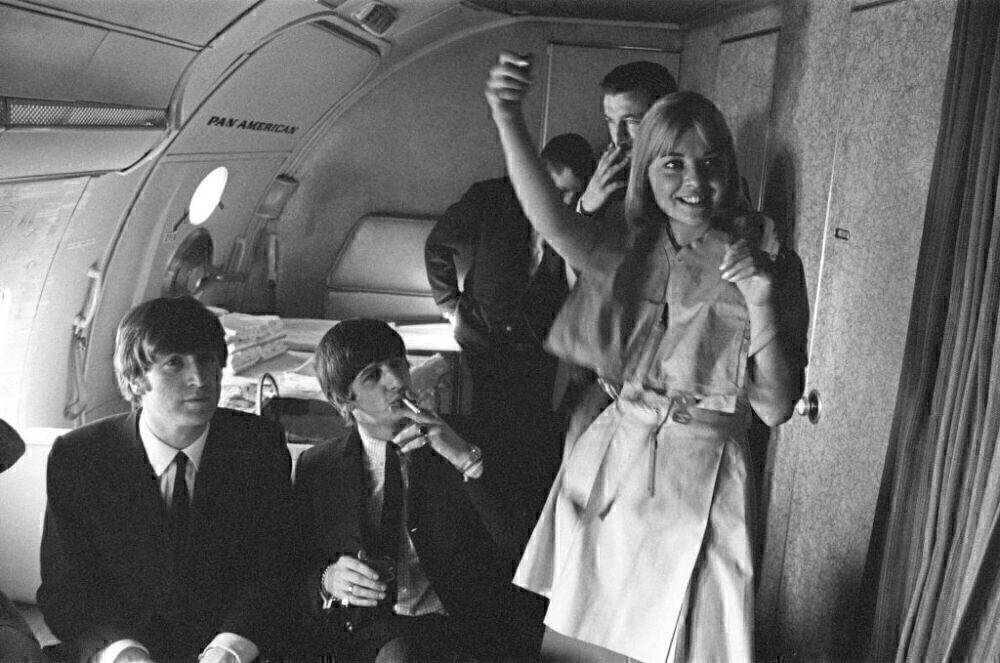Historical Sweet Spots
While Lennon and McCartney were writing She Loves You in the dining room of Paul's house, Paul's father was in an adjacent room and overheard them singing "yeah yeah yeah" and suggested it should be "yes yes yes", and harrumphed that there were too many Americanisms that were bleeding into English culture. American culture is "slang" in many ways.
In the recent article in the New Republic, How American Culture Ate the World
, there's a paragraph that's particularly relevant in terms of the transmission of global culture with new technology. The Beatles used electric guitars and amps, not necessarily a new technology in the 1960s, but perhaps entered the memosphere at that point as viral pop culture.
"One of the village’s founding principles was the free flow of information and culture. Villagers, it was imagined, would freely travel, trade, and communicate with one another, cultivating international understanding and locking in mutually advantageous bonds. This phrase—usually truncated to just “the free flow of information”—generated a lot of buzz in the 1940s. American press barons championed it. Congress passed laws in support of it. And diplomats became its evangelicals. In 1946, President Harry Truman proclaimed to the U.N. General Assembly that “a concerted effort must be made to break down the barriers to a free flow of information among the nations of the world.”
The other technology was transatlantic air travel--also not particularly new in the early 60s--but with the Boeing 707, it was a new signaling of American exceptionalism, perhaps perceived as hegemonic in some ways, resulting in plane hijackings by 1970. (Technology can be used in ways you didn't intend and create side effects you didn't predict).
In terms of McCartney's Lyrics memoir, it's interesting that you can meld pop culture, art and music history with history generally. Listening to Beatles songs and reading about the ideas behind them is an access point to history of lots of things.
***
3/2025: "Yeah" is more of a singable word than "Yes". You don't want the silibance of "s", especially 3 times.



Comments